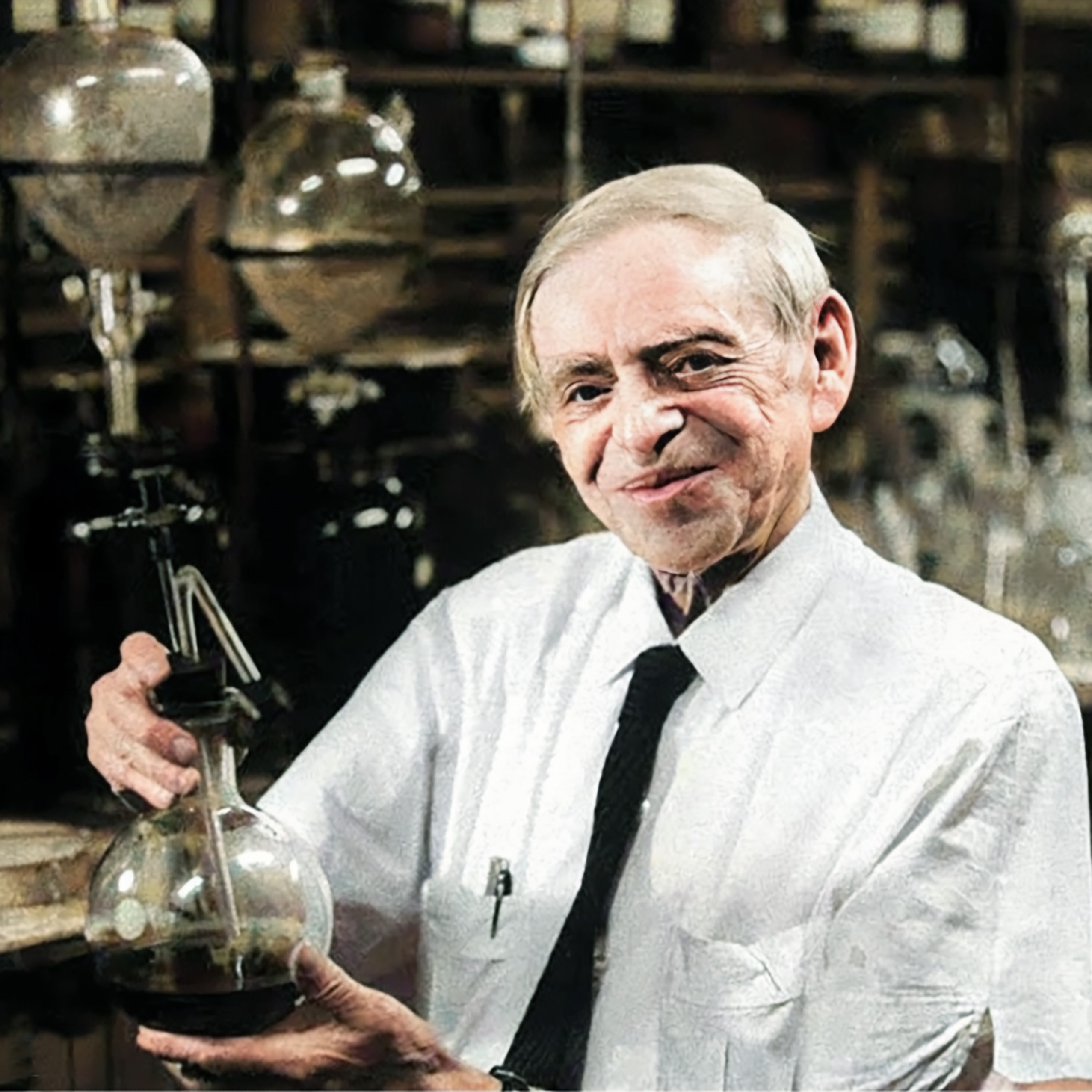
02 sie Kazimierz Funk
The life-giving substances we now refer to collectively as “vitamins” were very nearly given a completely different name.
When Kazimierz Funk, a Polish biochemist born in Warsaw in 1884, discovered and revealed to the world the latest mystery of human life—namely, organic substances which our bodies need in order to function—he named them vitamines (vita, meaning life, and amine, or compounds containing an amino group). The only problem was that his superior refused to use the name in the scientific literature. Why? We can only guess. Luckily, Ludwik Rajchman, a close friend of Funk’s, quickly published his discovery and its name in the Journal of State Medicine, and the word vitamin stuck. During World War I, Kazimierz Funk lived and worked in the United States, where he researched the use of vitamins to treat diseases.
Thanks to the Polish scientist’s discoveries, the world suddenly understood that many of the illnesses that had been plaguing humankind for centuries could easily be treated—and even more easily prevented. Scurvy, pellagra, beri-beri, rickets—at long last, doctors had an effective way of treating all of these conditions.
In 1923 Funk returned to Poland, once again with the help of his friend Rajchman, who, as a representative of the League of Nations, convinced the Rockefeller Foundation to sponsor Funk’s salary as the head of the biochemistry department at the National Institute of Hygiene in Warsaw. But following the outbreak of World War II, Funk returned to America, where he worked incessantly to uncover the causes of cancer, until his death in 1967. Upon accepting the Nobel Prize for his discover of vitamin A, Frederick Hopkins said that Kazimierz Funk had received not “too much, but too little credit for his vitamin research as a whole.”
